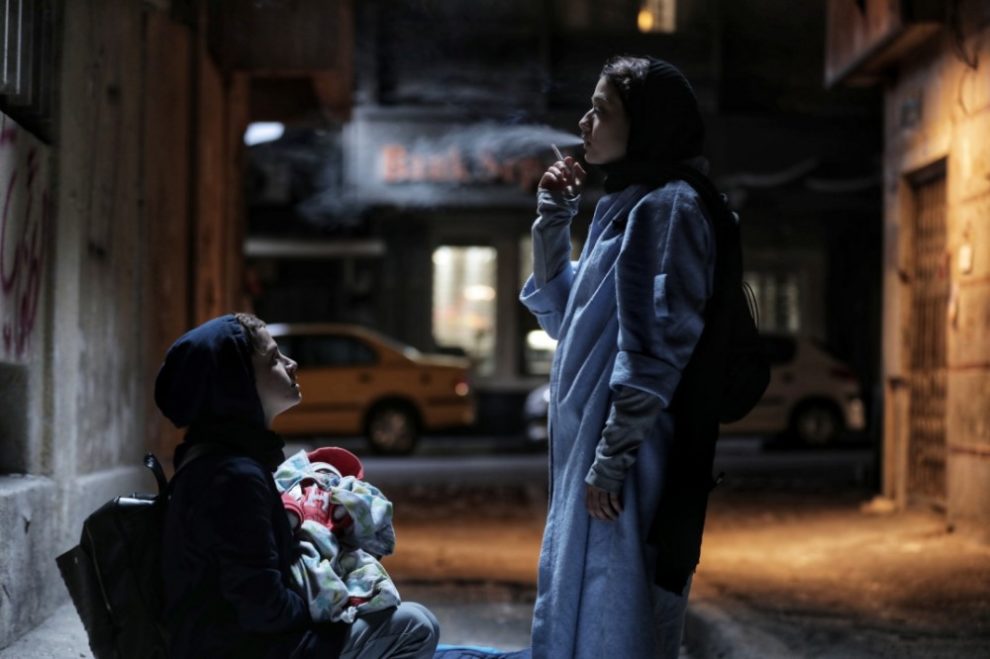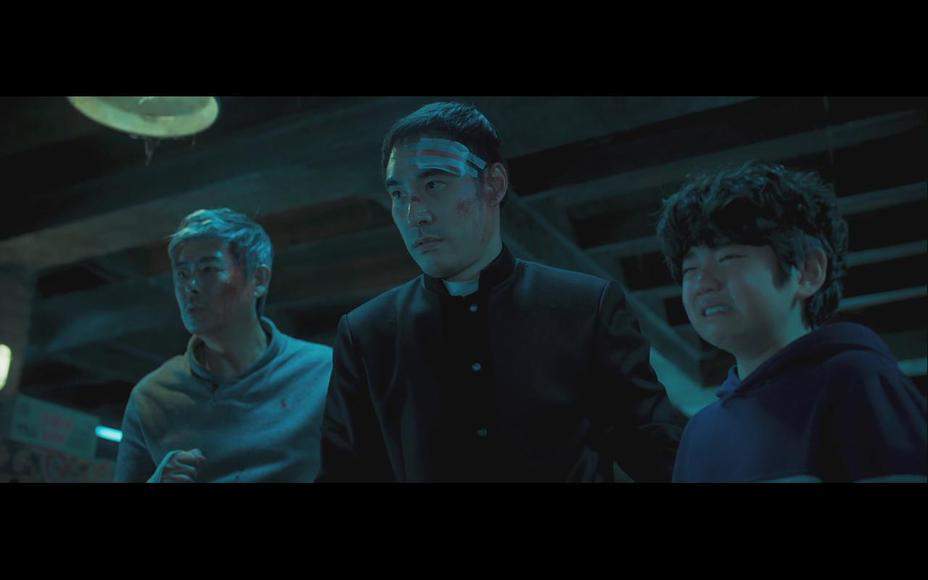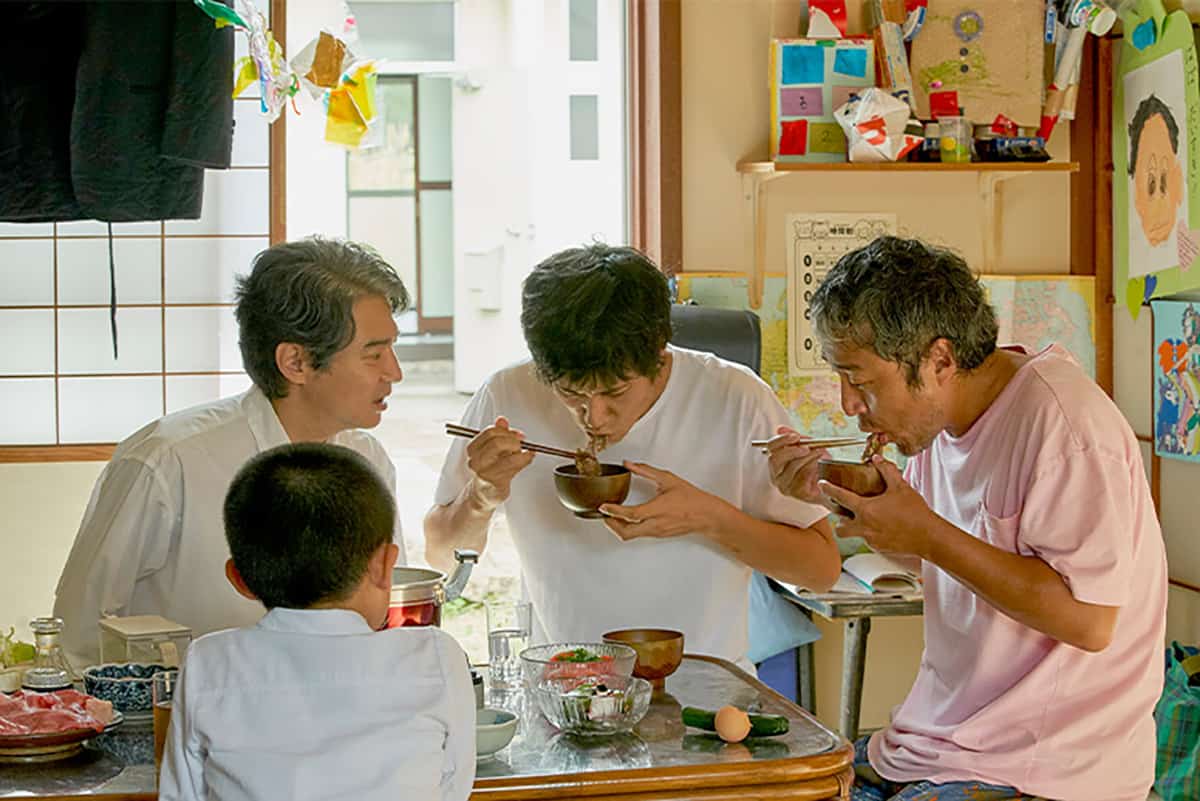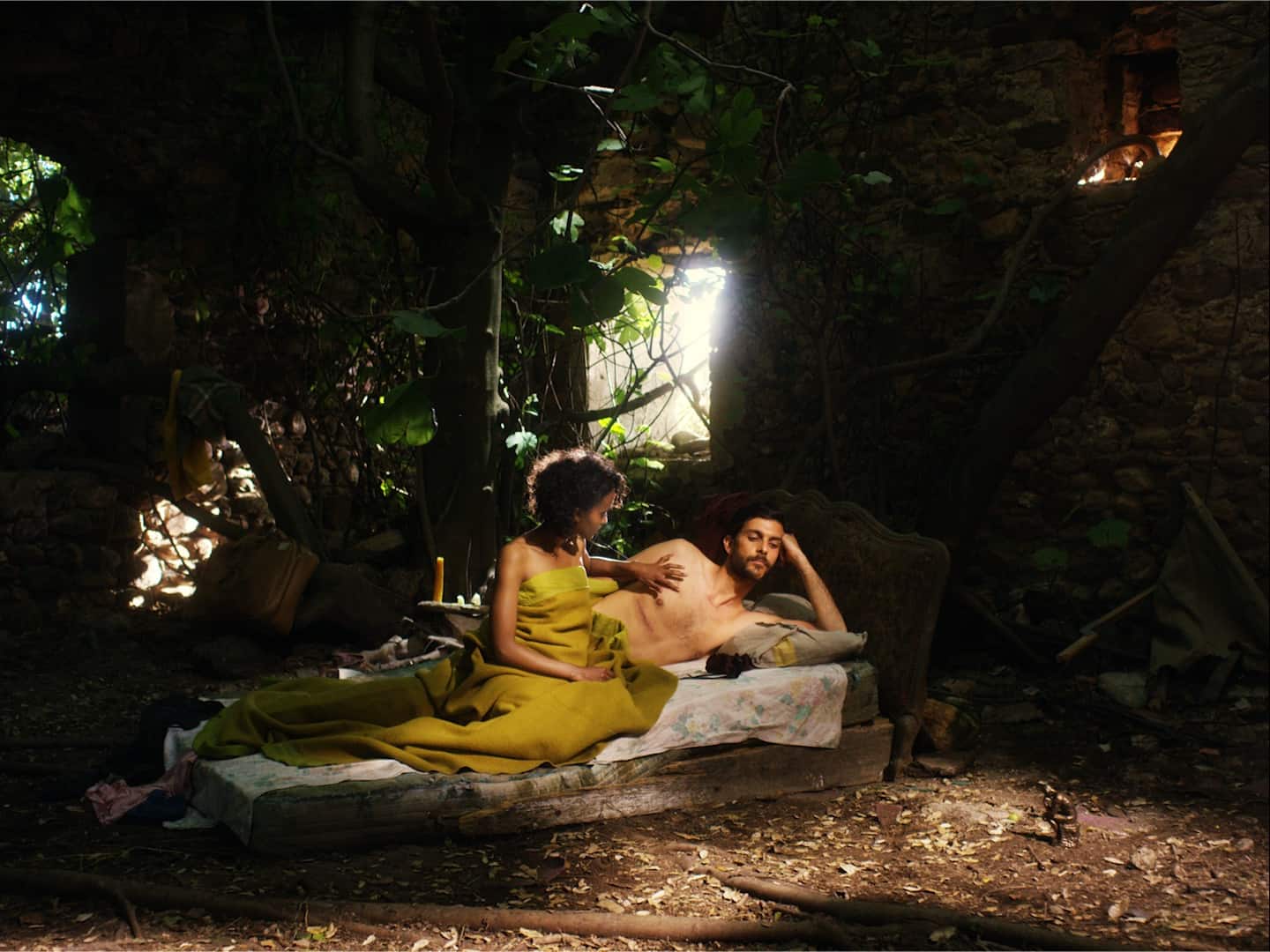Fereshteh (Sadaf Asgari) needs help ‘only' until the next day, but this will prove dificult since she is asking for a dangerous kind of favour. She is in a position no young woman in Iran would like to be in: a single mom with a baby out of wedlock that nobody but one person knows about. Asgari plots his story around the consequences of a love affair that, in certain societies, weigh heavy on women who are expected to do everything ‘by the book': wait with sex until they get married and only then start a family.
Until Tomorrow screened at Berlin International Film Festival

In the opening couple of minutes, there is nothing strange about a young mother taking care of her baby. Fereshteh looks tired but happy, and also, she seems to be doing fine job-wise as a freelance graphic designer. So, when a phonecall from her mother comes and there is stress building around her parents' sudden decision to come to Tehran, there is an immediate switch in the atmosphere. Fereshteh has only one thing on mind – how to get someone to take care of her daughter for one night, which is how long her parents will be staying in her apartment before departing back home. The clock starts ticking, and she can rely on only one person – her best friend Atefeh (Ghazal Shojaei), a free-spirited girl with short red hair and plans to immigrate to Canada.
The tension that ensues won't drop until the film's closing scene, and we are following Fereshteh's desperate actions to find a temporary solution. Since the moment she tries to eliminate traces of her daughter's existence, she encounters trouble after trouble from the neighbour she asks to take care of her bags packed, because ‘she invited the exteriminators to spray her apartment' and who in return reports this to Fereshteh's landlord, to finding an actual shelter for the baby. And when she finally thinks that the child is safe in the hands of her ex-lover's aunt, a hospital nurse, the whole thing blows in her face and she almost gets sexually abused by the head doctor (Babak Karimi).
The course of events in “Until Tomorrow” could have turned into a kind of drab Romanian drama if it weren't edited to a finely-paced rhythm by the seasoned professional Ehsan Vaseghi. Its thriller-like feel the film also owes to the icey blue, pressing nocturnal light and Rouzbeh Raiga's – altough steady, always close to action camera work.

In her wild race for the child's secure sleepover, Fereshteh doesn't lose many thoughts on what the future will bring and that she won't able to keep her child a secret forever. All she can think of is a temporary solution in order to avoid much bigger troubles. She seems to have done a great job in that department up to that point, with neighbours probably believing she is just a normal girl whose husband works somewhere else. The landlord must have also swallowed some kind of story which enabled her to live in the apartment alone with her child.
In the script co-written with Alireza Khatami, Asgari lays a number of obstacles on Fereshteh's path, and his feeling for the hardships the young woman goes through is filled with empathy and understanding. Sadaf Asgari who started her career in Ali Asgari's debut feature “Disapearance” (Venice/ Toronto 2017) proves that she is one of the greatest Iranian actresses of younger generation.
There are some mighty girl-power scenes between those stressfull events when two best friends are talking about life and men, plotting further actions over a cigarette. But the strongest moment comes at the very end of the film when Fereshteh makes her bold decision, and as she is pacing through the long concrete corridors of her housing block, followed by the echo of her father's loud questions, the lights switch on and off showing her determined calmness and acceptance of whatever fate that awaits her.
“Until Tomorrow” is one of the strongest films screened at Berlinale, and a potential international film circuits darling. It is unclear how its future looks like in Iran, since the story about an unmarried single mother isn't likely to be approved by the censors unless it comes to changes in the script.
Sadaf Asgari delivers a memorable performance as a woman in distress. This is her third collaboration with Ali Asgari whose feature debut “Disappearance” (Venice Film Festival/ Toronto 2017) marked the beginning of her acting career.















